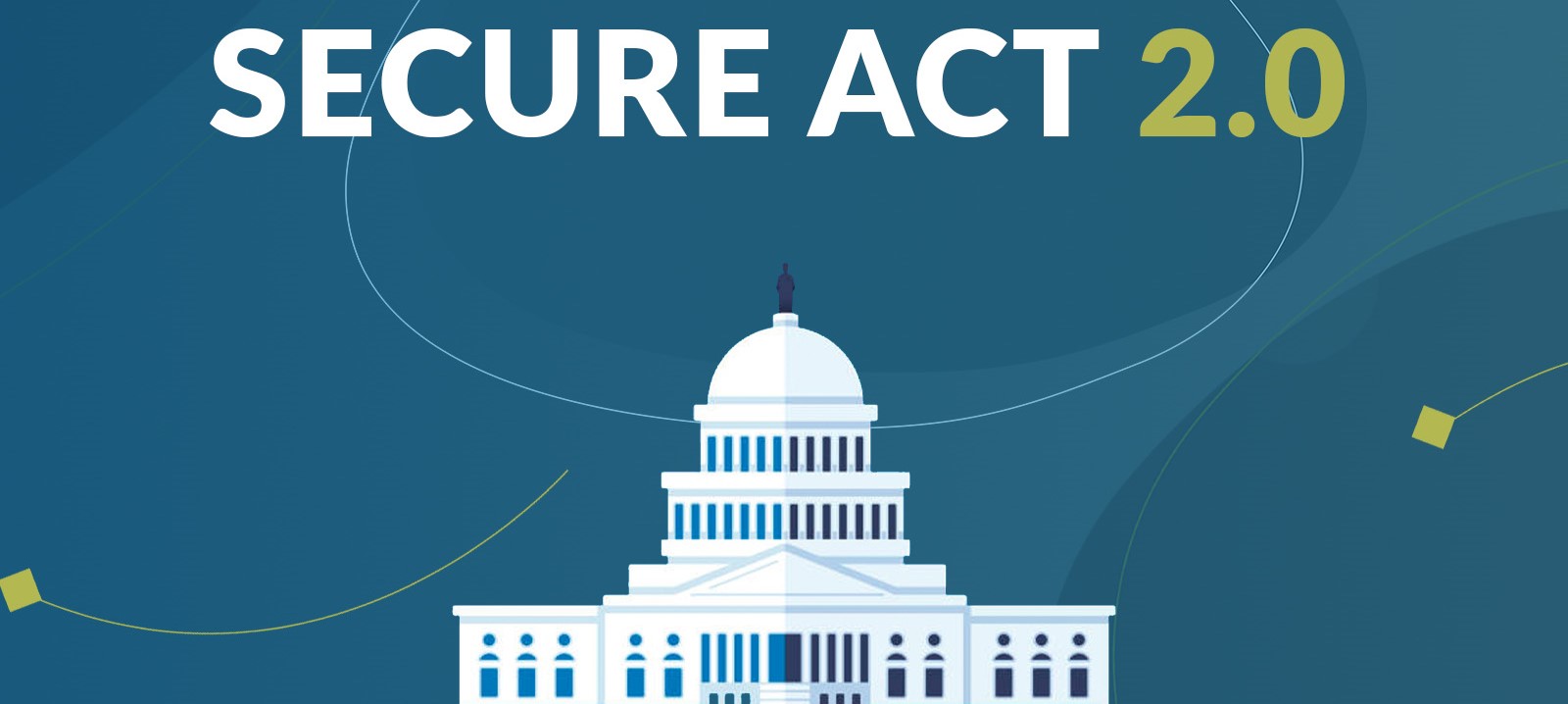Frequently, we are inundated with requests to update our information. “Password needs updating.” “Software update for your mobile device.” “Please update your email so our marketing team can continue to fill your inbox with spam.” It is never-ending. Most of these update requests are trash. However, some updates are vitally important and demand our attention. Regarding retirement accounts and IRAs, here 5 IRA updates that need to be considered, reviewed, and updated immediately:
- Online 72(t) calculators.
It is not just individual account holders that need to do some updating. Custodians and Webmasters must as well. Historically, when calculating a 72(t) payment schedule, a reasonable interest rate was required for the amortization or annuity factor methods. The rate was defined as “any interest rate that is not more than 120 percent of the federal mid-term rate for either of the two months immediately preceding the month in which the distribution begins.” With IRS Notice 2022-6, that rate can be bumped to 5% if 120% of the federal mid-term rate is considered too low. Many online 72(t) calculators have not been updated for Notice 2022-6 and do not allow the user to manually override the pre-filled interest rate. In this instance, updates are needed. - Life expectancy factors.
The IRS issued new life expectancy tables, effective in 2022. Anyone subject to required minimum distributions (RMDs) is required to switch to these tables for this year. The result for both lifetime and inherited IRAs will be slightly smaller RMDs. While failure to switch would not result in anything illegal, it would leave an account owner on an antiquated payout schedule and result in distributions that are slightly larger than necessary. Custodians must also update their software and online RMD calculators to reflect the new tables. - RMDs during the 10-year rule.
Under the SECURE Act, most beneficiaries will be subject to the 10-year payout rule. When this pay period was first introduced, the industry consensus was there were no annual RMDs for years 1-9. However, IRS proposed regulations issued last February apply a strict interpretation of the 10-year rule. For anyone who inherited an account from a person who died on or after their required beginning date, RMDs apply in years 1-9. Beneficiary payout schedules from inherited IRAs should be updated to include those RMDs. - Trusts.
If you named a trust as your IRA beneficiary, and if that trust was drafted before the SECURE Act, it definitively must be reviewed and potentially updated…or scrapped altogether. The SECURE Act turned IRA beneficiary planning on its ear, and trusts as IRA beneficiaries are far less effective than they once were. As such, trusts created before the SECURE Act must be updated. Failure to do so could completely undercut the original intent of the trust. - Beneficiary forms.
By far, the most important item to review for possible updates is beneficiary forms. Often, we see cases where retirement funds – dollars that took a lifetime to accrue – get paid to an unintended beneficiary or get gobbled up by attorneys as people fight over the proceeds. Beneficiary forms should be reviewed at least annually, and more frequently as life events occur. Marriage? Divorce? New child? All are legitimate reasons to review and potentially update your beneficiary forms.
Retirement and tax rules are dynamic. In addition to the items above, be sure to update your general knowledge. For more retirement literacy education, browse the ETHOS blog HERE.
By Andy Ives, CFP®, AIF®
IRA Analyst











